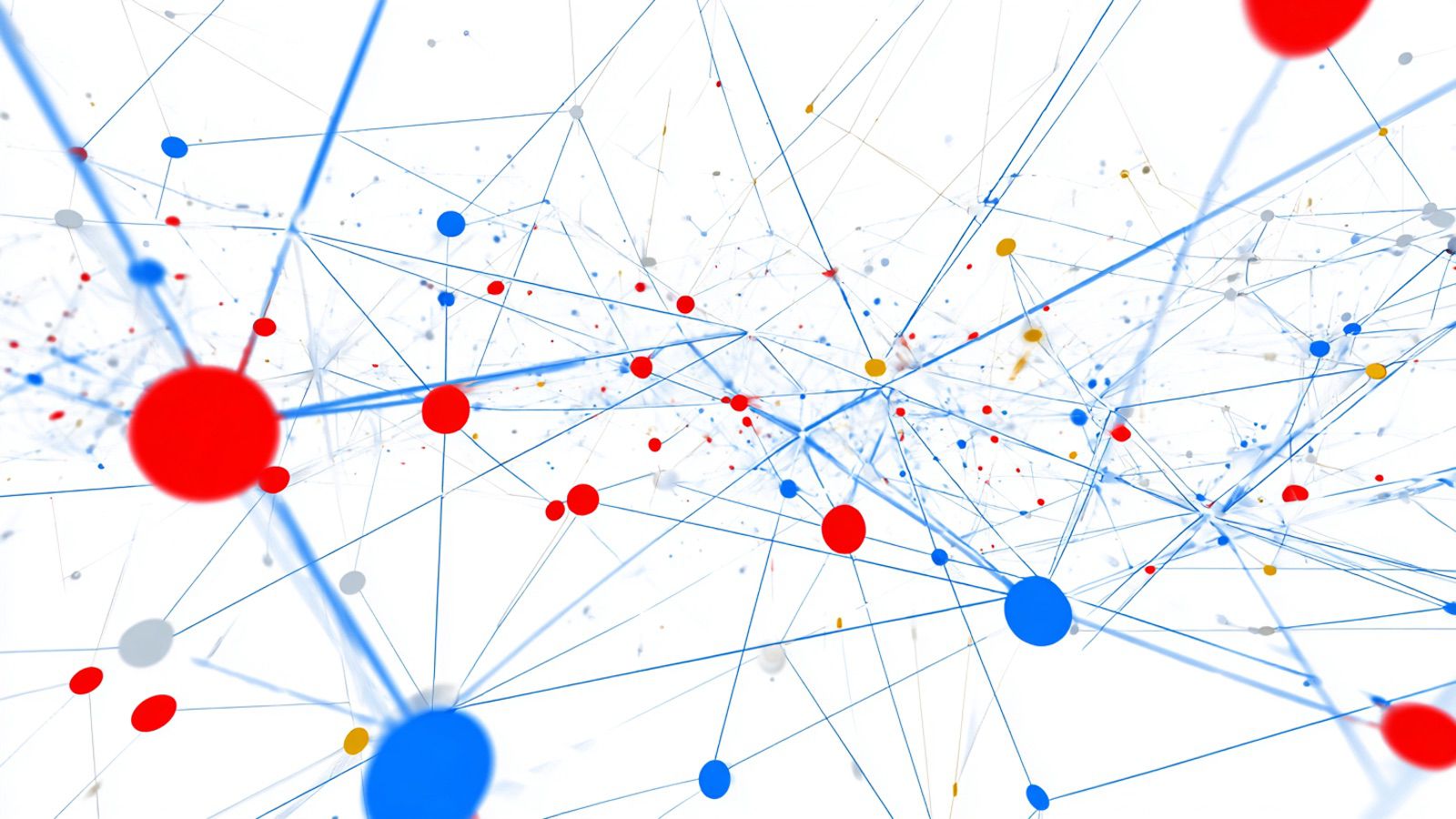## Mastering DevOps for AI Agent Deployment Best Practices
AI agents are transforming customer experience, but scaling them efficiently remains a challenge. Manual deployment errors, slow update cycles, and inconsistent performance can stall business growth and frustrate customers. Implementing DevOps best practices tailored for AI agent deployment can reduce downtime, accelerate innovation, and improve operational efficiency.
This article outlines practical strategies to automate AI agent deployment using DevOps principles, helping businesses streamline updates, monitor performance, and scale omnichannel AI agents reliably.
---
## What DevOps Means for AI Agent Deployment
DevOps traditionally focuses on continuous integration, delivery, and infrastructure automation for software. When applied to AI agents, it must also address unique complexities:
- **AI lifecycle management** involves not just code but models, data pipelines, and training workflows.
- **Deployment pipelines** must handle model versioning, validation, and rollback alongside application updates.
- **Testing** requires AI-specific validation to ensure model accuracy and behavior consistency.
Common pain points include:
- Manual deployments causing errors and downtime.
- Slow iteration cycles delaying improvements in customer interactions.
- Difficulty managing multi-channel AI agents with consistent behavior.
Platforms like aiworksforus integrate AI agents with DevOps pipelines, automating testing and continuous delivery to reduce deployment time by up to 70%, enabling faster innovation without sacrificing reliability.
---
## Key Strategies for AI Agent Deployment Automation
### 1. Infrastructure as Code (IaC) for Consistency and Scalability
IaC tools like Terraform or AWS CloudFormation enable repeatable provisioning of AI agent environments. This ensures:
- Consistent infrastructure across development, testing, and production.
- Faster environment setup and scaling.
- Reduced configuration drift and human error.
aiworksforus offers pre-configured deployment templates that cut setup time in half, allowing teams to focus on AI model improvements rather than infrastructure.
### 2. Continuous Integration and Continuous Deployment (CI/CD)
Automating model updates and feature rollouts through CI/CD pipelines minimizes downtime and accelerates delivery:
- Automated testing validates model performance before deployment.
- Canary releases and blue-green deployments enable safe rollouts.
- Rollback mechanisms quickly revert problematic updates.
For example, aiworksforus reduces update cycles from weeks to hours by integrating CI/CD pipelines that automate testing and deployment across voice, SMS, WhatsApp, and web chat channels.
### 3. Monitoring and Incident Response Automation
Proactive monitoring detects AI agent performance degradation early:
- Track key metrics like response accuracy, latency, and error rates.
- Use behavioral engines to trigger automated remediation workflows.
- Maintain uptime above 99.9% with real-time alerts and self-healing actions.
aiworksforus’s behavioral engine automates error correction, ensuring consistent customer experience and reducing manual intervention.
---
## Implementing DevOps Pipelines for AI Agent Deployment
### Planning and Designing Pipelines
- Align DevOps workflows with AI training, validation, and deployment stages.
- Incorporate AI-specific testing such as model accuracy checks and bias detection.
- Use containerization (Docker) and orchestration (Kubernetes) to manage AI agent scalability and portability.
aiworksforus simplifies pipeline design with built-in best practices and integration capabilities.
### Automating Deployment and Rollbacks
- Implement automated deployment scripts with rollback triggers based on monitoring feedback.
- Use feature flags to control new AI capabilities during rollout.
- Maintain version control for models and code to enable quick recovery.
Clients of aiworksforus have achieved zero downtime during major AI agent updates by leveraging these strategies.
### Scaling AI Agents Across Channels
- Manage multi-channel complexity with unified deployment pipelines.
- Ensure consistent AI agent behavior and brand voice across voice, SMS, WhatsApp, and web chat.
- Automate environment provisioning and scaling to handle fluctuating demand.
aiworksforus’s platform supports seamless multi-channel AI agent deployment with centralized control.
---
## Overcoming Challenges in AI Agent Deployment Automation
- **Integration of AI-specific testing:** Incorporate automated validation of model accuracy and fairness into CI pipelines.
- **Security considerations:** Secure data pipelines, model artifacts, and deployment environments using encryption and access controls.
- **Model versioning and rollback:** Use tools like MLflow or DVC to track model versions and enable safe rollbacks.
- **Cost optimization:** Automate resource scaling and use spot instances or serverless architectures to reduce infrastructure costs.
---
## Enhancing AI Agent Deployment with DevOps Tools
- **IaC:** Terraform, AWS CloudFormation
- **CI/CD:** Jenkins, GitLab CI, CircleCI
- **Containerization:** Docker
- **Orchestration:** Kubernetes
- **Model management:** MLflow, DVC
- **Monitoring:** Prometheus, Grafana, custom AI behavioral engines
Selecting tools that integrate well with AI workflows and business systems is critical for success.
---
## Driving Business Impact with DevOps for AI Agent Deployment
Adopting DevOps best practices for AI agent deployment delivers measurable benefits:
- Up to 70% reduction in deployment time.
- 99.9% uptime through automated monitoring and remediation.
- 40% reduction in operational costs by automating routine tasks.
- 30% improvement in customer satisfaction by eliminating hold times and ensuring consistent interactions.
Platforms like aiworksforus provide fully managed AI agents that integrate with DevOps pipelines, enabling businesses to focus on growth and customer relationships rather than deployment complexities.
---
## Next Steps to Streamline AI Agent Deployment
- Map your current AI deployment process and identify manual bottlenecks.
- Implement Infrastructure as Code to standardize environments.
- Build CI/CD pipelines incorporating AI-specific testing and rollback strategies.
- Set up proactive monitoring with automated incident response.
- Evaluate managed AI platforms that support DevOps automation to accelerate time to value.
To see how AI agent deployment automation can transform your customer experience operations, consider booking a demo with aiworksforus, a platform that combines AI expertise with DevOps automation to deliver reliable, scalable omnichannel AI agents.

